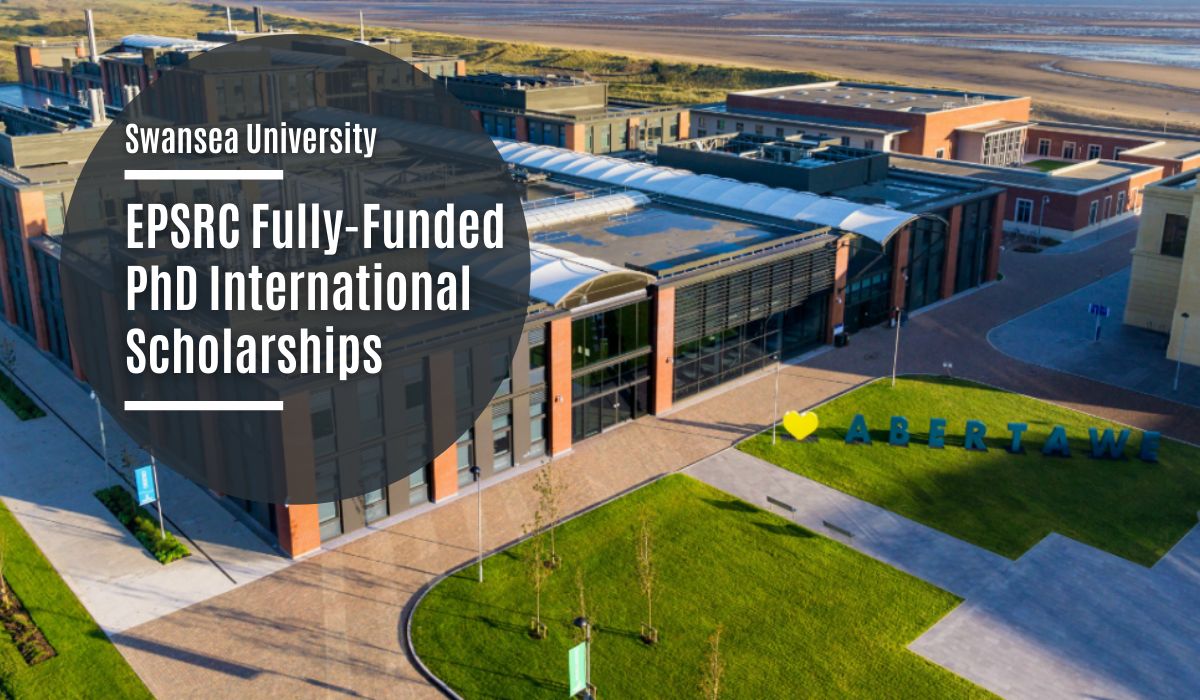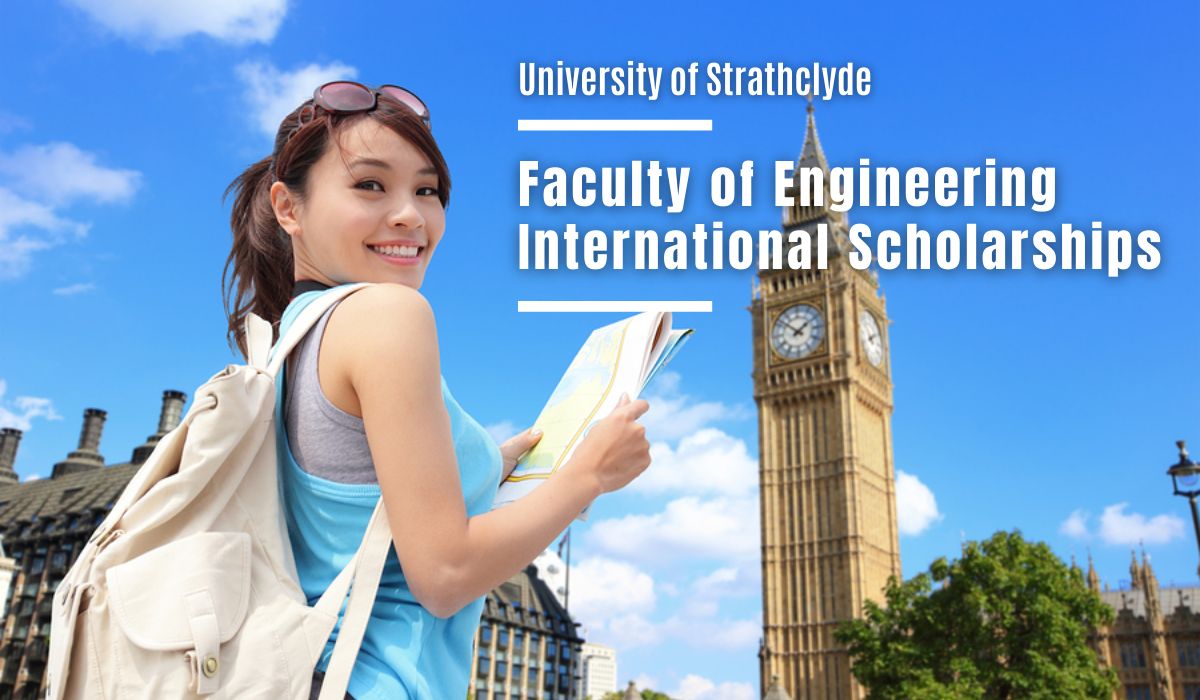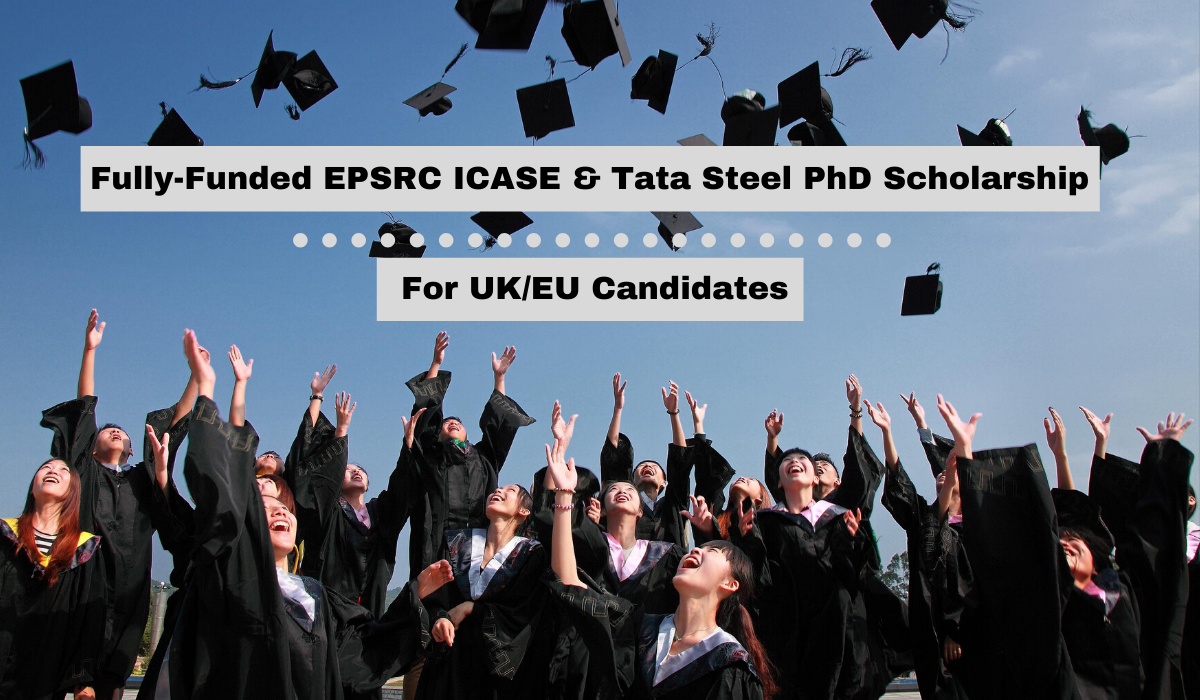Fully Funded PhD Scholarship at Swansea: Antihydrogen formation
This grant is financed by the Engineering and Physical Sciences Research Council (EPSRC) and Swansea University’s College of Science.
Physics: Fully Funded PhD Scholarship at Swansea: Antihydrogen formation
Physical science: Fully Funded EPSRC and College of Science PhD Scholarship: Antihydrogen arrangement utilizing thoughtfully cooled positrons
Start date: October 2024
Directors
Director 1: Professor Niels Madsen
Director 2: Professor Stefan Eriksson
The ALPHA antihydrogen explore at CERN combines and traps antihydrogen molecules (particles made of antimatter) to do exact estimations of its design through spectroscopy and of its gravitational conduct and contrast these and those of normal hydrogen with an end goal to disentangle the secret of why we notice no mass antimatter in the Universe.
The understudy will join the energetic ALPHA examination at CERN, so this position is full time at CERN in Geneva, Switzerland.
The focal point of this venture will be to utilize laser-cooled Beryllium particles to cool the positron plasma that is utilized for antihydrogen development.
By cooling the positrons beneath that attainable by different methods, the understudy will fundamentally expand the quantity of antihydrogen particles caught in the test and accordingly increment the goal of the estimations.
Swansea University: This is a grant by Swansea University.
Swansea is a waterfront city and area, formally known as the City and County of Swansea in Wales.
Qualification for Fully Funded PhD In Physics Scholarship at Swansea
Competitors should have a First, Upper Second Class Honors or a Master’s certificate with Merit, in significant control.
For applicants whose first language isn’t English, we require IELTS 6.5 (with 6.0 in every part) or the same. Kindly visit our site for a rundown of satisfactory English language tests. We incline toward possibility to have effectively met the English Language necessities at the mark of use, albeit this isn’t a prerequisite.
Notwithstanding UK understudies, global and EU understudies are qualified to apply for these studentships yet should take note of that they may need to pay the distinction between the home UKRI charge and the institutional worldwide understudy expense.
Advantages of Fully Funded PhD In Physics Scholarship at Swansea
This three-year completely supported grant covers UK educational expenses and an upgraded yearly allowance of £25,000.
RTSG backing of £1,000 per annum is additionally given.
Application: Kindly visit our site for more data.
https://www.swansea.ac.uk/postgraduate/grants/research/material
FAQs
What is antihydrogen formation, and why is it significant?
Antihydrogen formation involves the creation of the antimatter counterpart of hydrogen, where antiprotons combine with positrons. This process is crucial because it allows scientists to study fundamental symmetries between matter and antimatter, which can provide insights into some of the deepest questions in physics, such as the matter-antimatter asymmetry in the universe.
What research opportunities are available in the Fully Funded PhD Scholarship at Swansea regarding antihydrogen formation?
The Fully Funded PhD Scholarship at Swansea offers the opportunity to engage in cutting-edge research related to antihydrogen formation. This may include experimental investigations into the production, manipulation, and study of antihydrogen atoms, as well as theoretical modeling to enhance our understanding of the underlying physics.
What are the eligibility criteria for applying to this PhD scholarship program?
Eligibility criteria typically include a strong academic background in physics or a related field, a passion for research, and the ability to work independently as well as part of a team. Specific requirements may vary, so it’s advisable to check the official program guidelines for the most up-to-date information.
How long does the PhD program last, and what does it entail?
The duration of the PhD program varies, but it typically lasts for three to four years on a full-time basis. During this time, students will conduct original research under the guidance of experienced faculty members, publish their findings in scientific journals, and may have the opportunity to present their work at conferences. Additionally, students may be required to complete coursework and examinations relevant to their research area.
What career prospects are available to graduates of the Fully Funded PhD Scholarship at Swansea in the field of antihydrogen formation?
Graduates of this program will be well-equipped for careers in academia, research institutions, and industry, particularly in fields related to particle physics, atomic physics, and quantum mechanics. They may pursue roles as research scientists, professors, or technical experts, contributing to advancements in fundamental science and technology. Additionally, the interdisciplinary nature of this research provides graduates with versatile skills applicable to various fields beyond physics.





